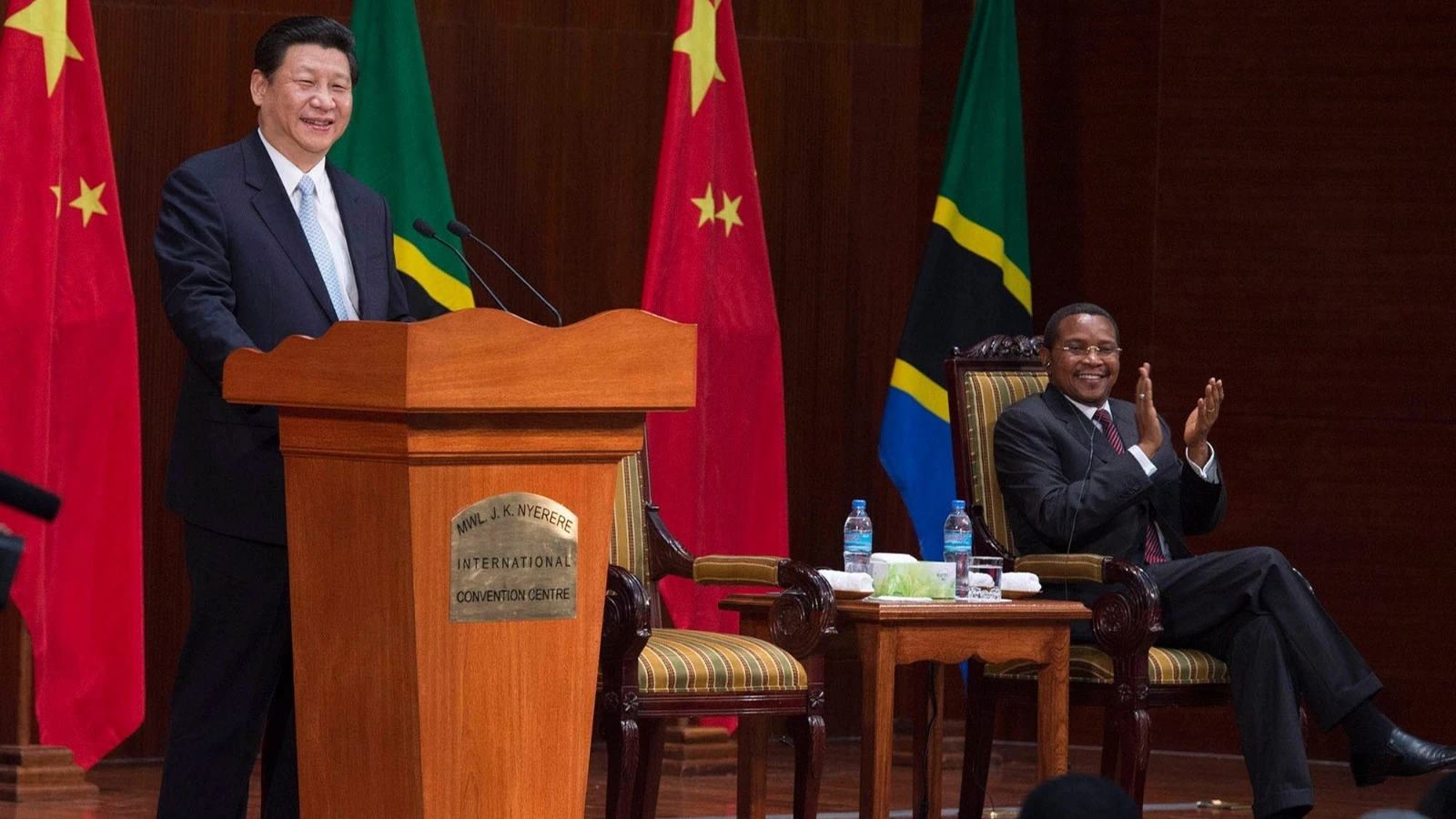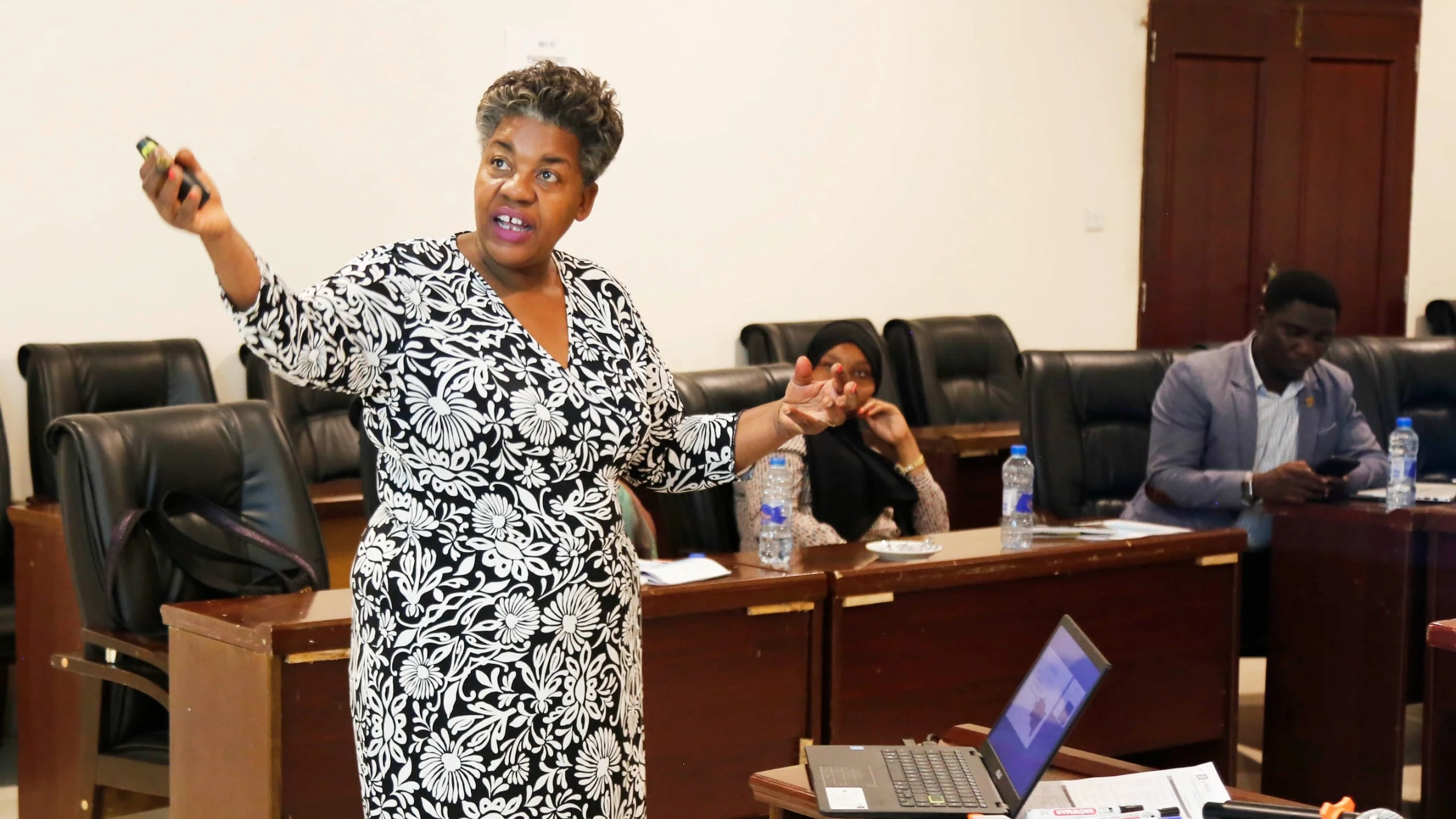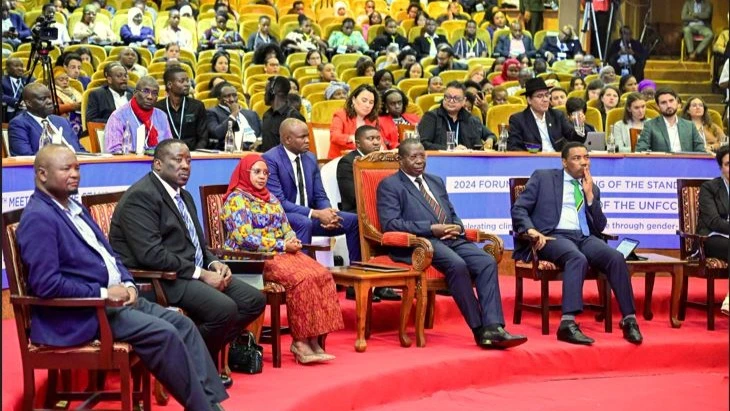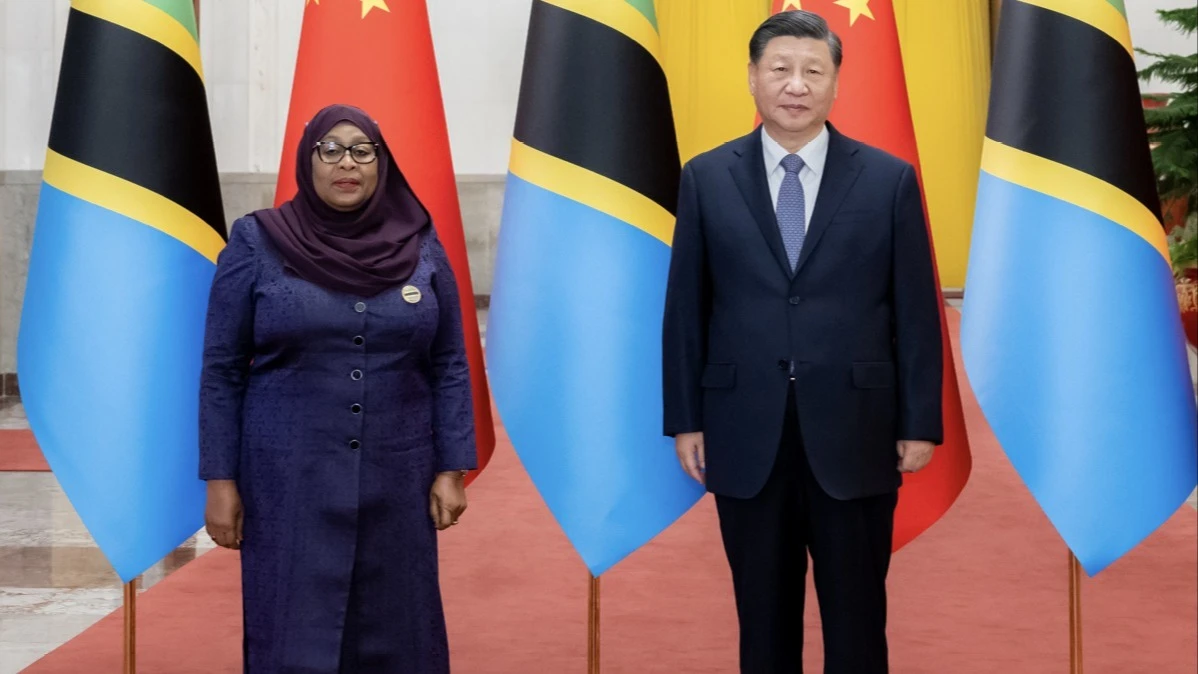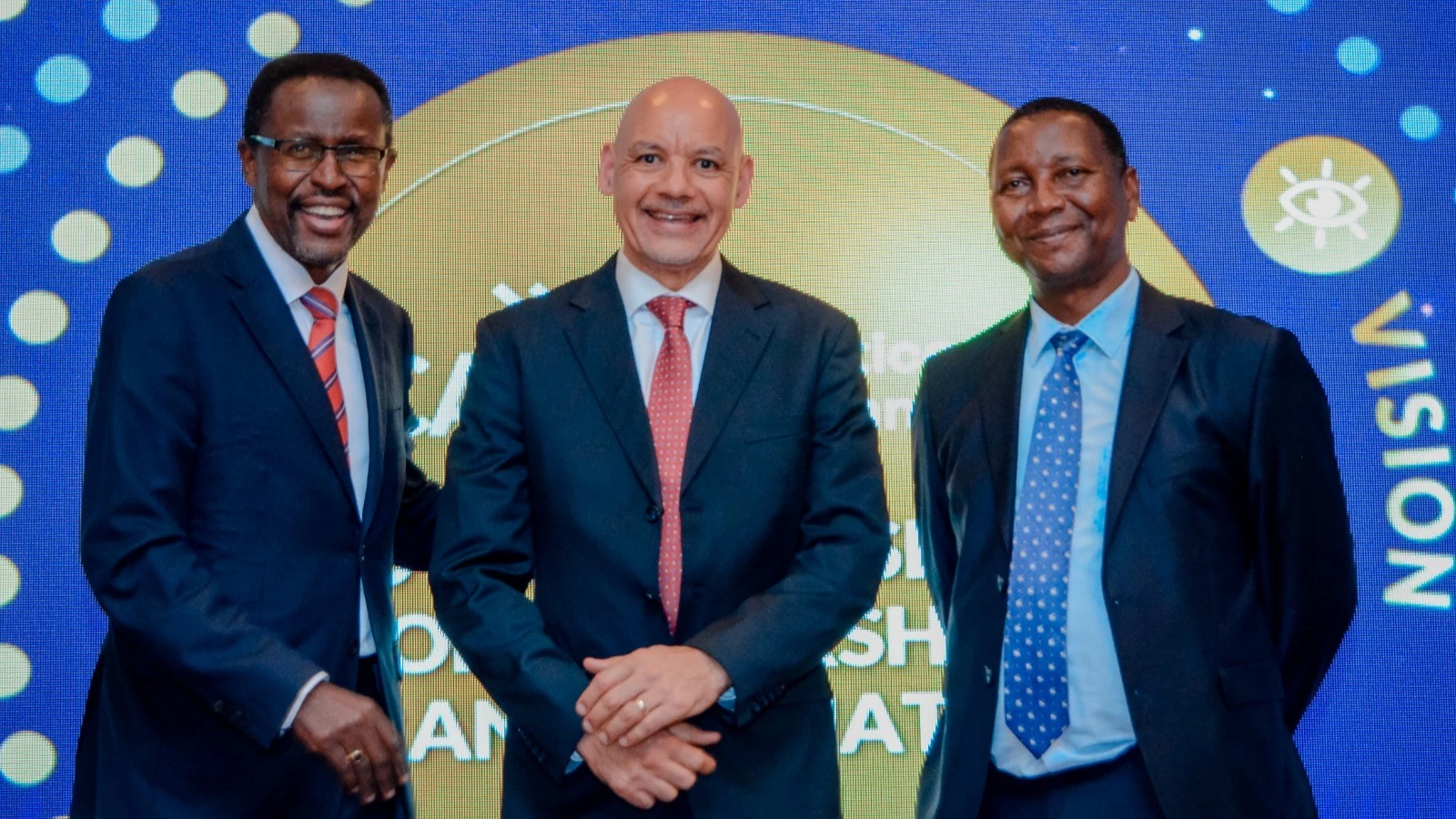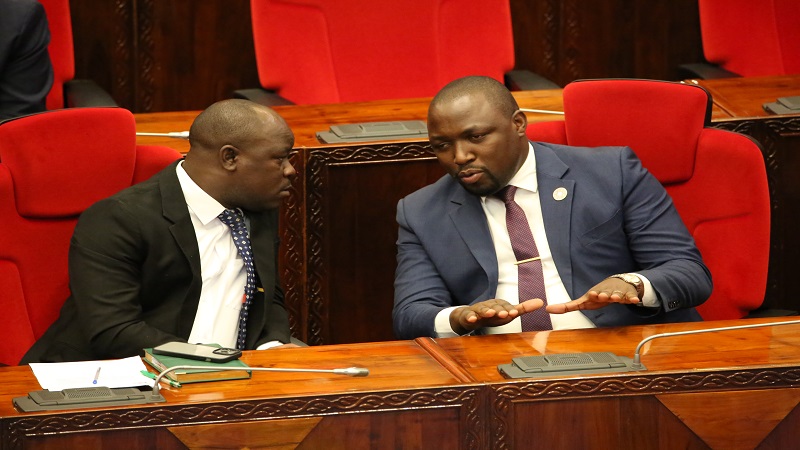Sustainable development goals: Government should invest in quality pre-primary education
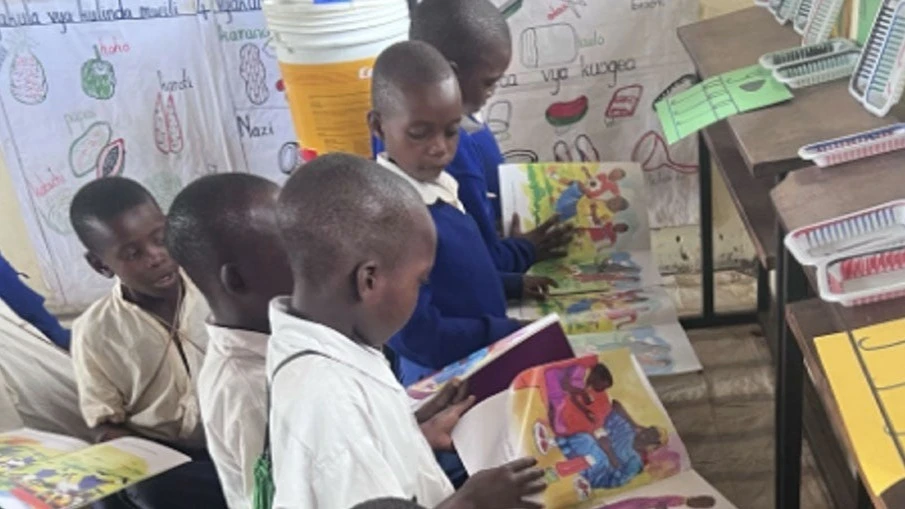
ALTHOUGH quality early childhood education, including pre-primary education, is considered as providing the foundation of lifelong learning and development, it has not been given the attention it deserves from both the government and parents.
Quality early pre-primary education is the focus of sustainable development goal (SDG) 4.2 which states: “Ensure that, by 2030, all girls and boys have access to quality early childhood development, care and pre-primary education so that they are ready for primary education.”
In some countries pre-primary education is disproportionately funded compared to other levels of education and even teachers may not necessarily be trained in pre-primary school teaching. The problem with this kind of teaching is that pre-primary schoolchildren’s needs and interests are not adequately addressed during their early childhood learning.
Having unskilled pre-primary teachers creates a professional and knowledge gap which cannot be filled during pre-primary education. The problem of low pay adds salt to injury as it lowers teachers’ morale and efficiency in their teaching practice. This may also be true for Tanzania.
Libent-Mabagala and Shukia (2019), who conducted their study in Mvomero and Kilombero in Morogoro Region, and Misungwi and Ukerewe in Mwanza Region, suggest that: “Since early childhood is a crucial stage in human development since it forms the foundation of subsequent development, teachers’ knowledge and practices are fundamental when assessing the quality of early education. Tanzania recognises the importance of pre-primary education”
Their conclusion is that pre-primary teachers have little knowledge on early childhood education and their instructional practices remain largely unsatisfactory. Their study recommends a need to reorient teachers to the pre-primary education curriculum in relation to their knowledge and socio-contextual factors within which instructional practices take place.
It can be taken for granted that children may still have opportunities to learn more and better at other levels of education even if they miss out on this foundational stage of learning. Yet, early childhood education is the stage of education which requires adequate investment so that children make the best out of it as they grow up.
It is the stage which covers children aged 0-8 years (also called the golden age) during which the children’s brain is considered to have the extraordinary capacity for learning. Studies show that children who get exposure to quality education at this stage are likely to excel in learning and in life.
“Evidence from multiple disciplines has confirmed that investing in early childhood development is one of the most cost-effective ways to improve educational achievement and to increase skills, capabilities and productivity. Based on this research and an enhanced understanding of the complete wellbeing of the child, early childhood development is increasingly included as part of the agenda for children’s rights. Ensuring the sound cognitive, social and emotional development of young children merits the highest priority in seeking to raise healthy children worldwide.” (UNICEF-2018).
Adequate investment in pre-primary education includes training teachers not only generally in teaching, but also specifically in early childhood education so that they know how better to facilitate effective learning among pre-primary schoolchildren.
Many countries across the world, including Tanzania, have made pre-primary education free and compulsory so that all children start primary education after their pre-primary education. Free and compulsory pre-primary education also encourages inclusive education to ensure there is no child left behind.
Studies show that children who go through pre-primary education are at an advantage over their peers who miss out on this foundational education. Gerdes et al. (2013) in their study on brain development and learning in primary years suggest that “the period from birth through age 8 is a stage of development unlike any other in the lifespan. Five-and-six-year olds make huge intellectual leaps during this time. Learning occurs differently during this period than in later years.” They say that learning occurs more at this level of education because children’s brain changes rapidly and there is also a new influx of experiences for children this time.
Hawley and Gunner (2000) in their article ‘How Early Experiences Affect Brain Development’ suggest that “what a child experiences in the first years of life profoundly influences how his (her) brain will develop and how he (she) will interact with the world throughout his (her) life. Parents play the most important role in providing the nurturing and stimulation that children require, but they need information and support to develop good parenting skills.” This includes developing 21st century skills (knowledge society skills) such as critical thinking, collaboration, communication, creativity, technology literacy, and social-emotional development.
In today’s rapidly changing world of the 21st century to make pre-primary schoolchildren and other learners cope with and remain relevant to the global economy there is a need to invest adequately in quality early childhood education from which Tanzania will be sure of producing skilled and competent graduates in later levels of education. These are the type of graduates who will either be absorbed into the future labour market or create jobs because they will have requisite skills to do so.
Top Headlines
© 2024 IPPMEDIA.COM. ALL RIGHTS RESERVED











